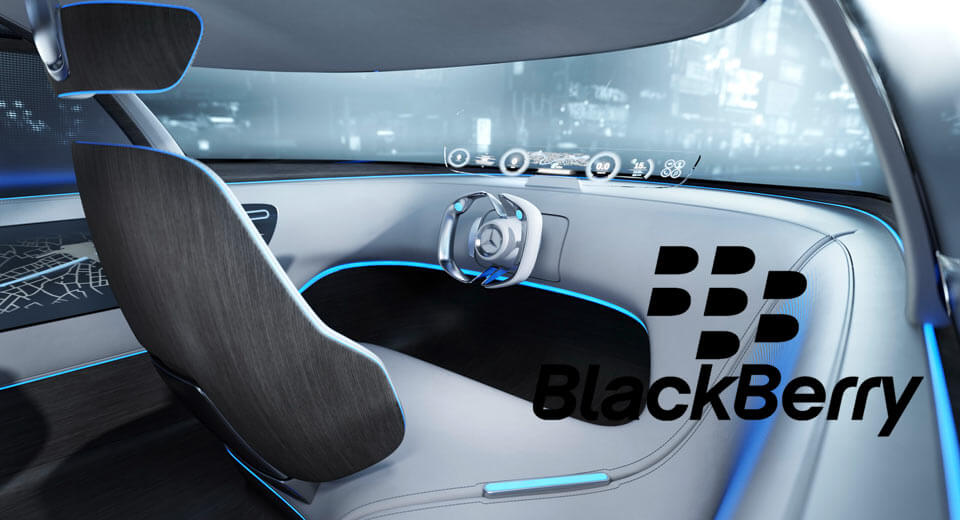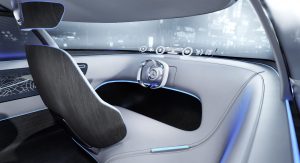BlackBerry wants to make future autonomous and connected vehicles more secure, outlining a seven-pillar approach it hopes carmakers can adopt to address cybersecurity concerns.
The technology company believes there are four industry trends that make certain vehicles vulnerable to cyber attacks and failures: vehicle access, autonomous driving, software control, and the changing state of software.
Consequently, BlackBerry has recommended these seven security measures:
1. Secure the supply chain: Ensure the supply train, software, and hardware components of vehicles are safe and secure.
2. Use trusted components: Utilize a security architecture deeply rooted in defence from attacks.
3. Employ isolation and trusted messaging: Use safety critical and non-safety critical systems and ensure these systems are secure.
4. Conduct in-field health checks: Monitor a car’s health.
5. Create a rapid incident response network: Share common vulnerabilities through a trusted network of different companies.
6. Use a lifecycle management system: Quickly secure a vehicle via over-the-air updates when an issue is detected.
7. Make safety and security a part of the culture: Ensure all suppliers are properly trained in functional safety and security practices.
“Protecting a car from cybersecurity threats requires a holistic approach,” president of BlackBerry Technology Solutions, Sandeep Chennakeshu said.
“Leveraging our experience as a leader in cybersecurity and embedded automotive software, BlackBerry has created a recommended framework to protect cars from cybersecurity threats. If followed, we believe vehicles will not only be secure, but BlackBerry Secure.”









